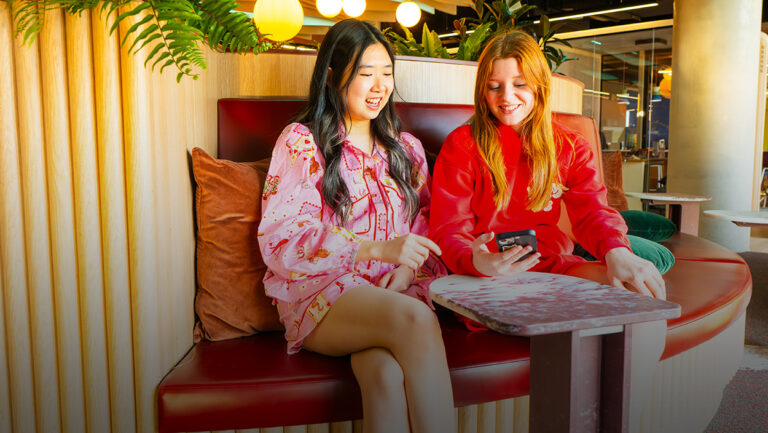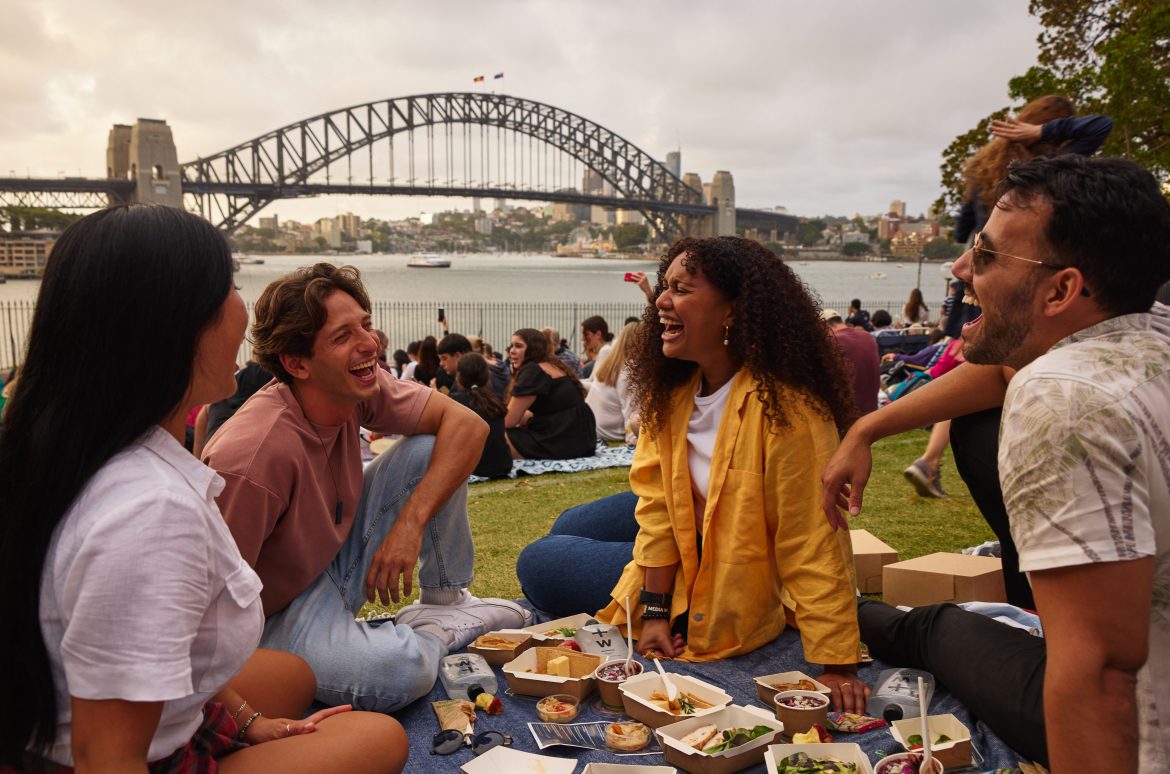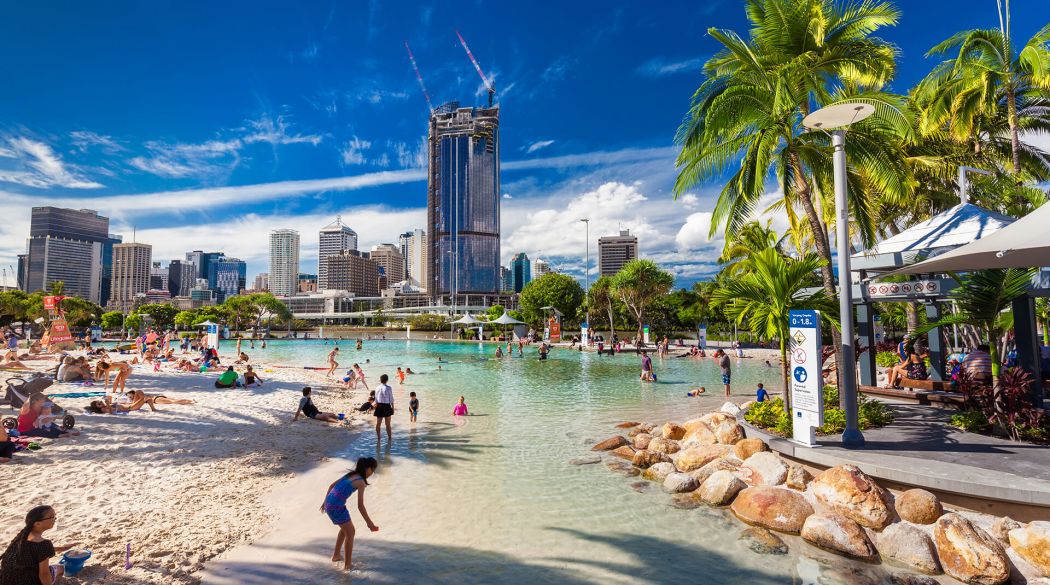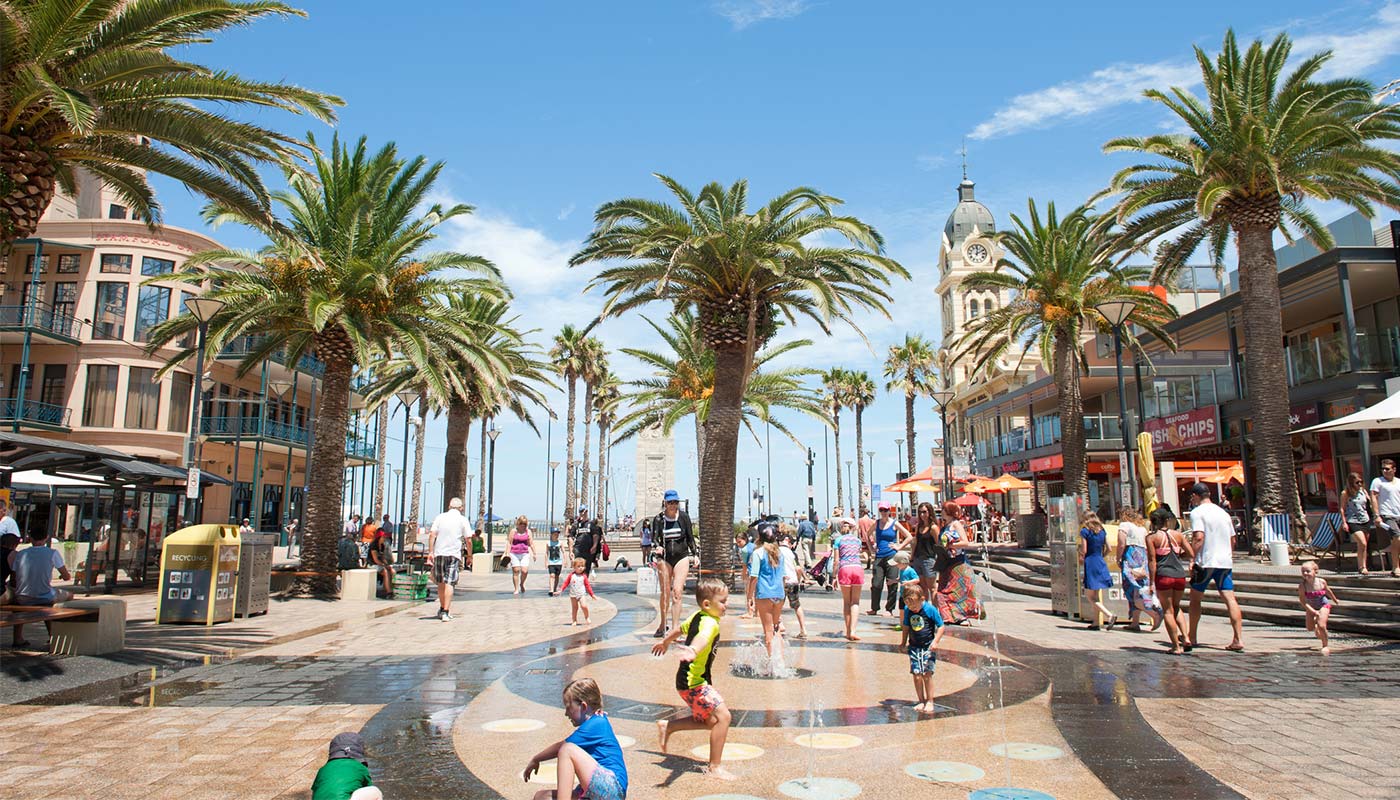A Guide to Managing Your Finances in Australia as a Student
With a little forward planning you can enjoy your time in Australia on a comfortable budget. Here are some of our top money management tips.
- Draw up a budget
There are several ways you can draw up a budget. Firstly the old fashioned way by writing it down on a notepad, typing it into an Excel spreadsheet or using one of the money management apps available, for instance ASIC’s Budget planner.
Whatever method you choose for drawing up a budget, you’ll want to work out how much income you have on an ongoing basis and how much is left over once the necessary expenses, like rent, transport costs and food are taken out.
One area to keep an eye on are your subscriptions. With so many streaming services, music services, and other entertainment services available these days, it’s easy to lose track of how many subscriptions you have, which in turn can take a big chunk out of your budget each month. Make sure you cut out all unnecessary subscriptions and save yourself some extra money.
With the left over money, you can put it towards fun things like trips to the movies with your university friends.
- Open a bank account
Unless you don’t mind being hit with international fees, it’s wise to also open a bank account in Australia with one of the financial institutions like CommBank, Westpac and NAB. As you’re a student, most providers offering bank accounts to international students will wipe the ongoing fees.
You can also usually decide whether to open the account from your home country or once you’re in Australia. Either way when you arrive in Australia, you will be required to visit your local branch to show your identification, as well as your student card.
Check out our guide on how to open a bank account right here!
- Cook up your meals at home
It might be tempting to take the easy route and opt for takeaway meals, but the cost of convenience can quickly add up. It may seem like a time sink, but cooking is not only cheaper but there are some great meals you can make on a tight budget that can last you a surprisingly long time. Aim for meals like curry, soup, pasta, fried rice, and stir fry noodles as these dishes pack all the nutrition you need while still tasting delicious. Hell, you can even pack leftovers for lunch at university, saving you the cost of buying lunch.
Of course, we are not saying never go out and enjoy yourself. So with the money you save on eating at home, give yourself a treat every now and then, by enjoying dinner out with your friends.
And lastly, you can save yourself even more money by getting second hand cooking appliances. Places like Gumtree and Facebook Marketplace are great places to look for used appliances that might otherwise ruin your limited budget.
While we’re on the topic of second hand stuff…
- Buy second hand
Whether it’s a kettle for your apartment, textbooks for class or even some new clothes, buying items second hand is bound to save you a nice sum of cash.
Some of the best things to buy second hand include sporting equipment (which range from expensive to super expensive when bought brand new), furniture, and electronics. With new phone and laptop models coming out every year and people who are constantly upgrading their devices like clockwork, you can score yourself some relatively new but still top notch phones or laptops. All these things can be found on websites like Gumtree and the Trading Post or Facebook Marketplace.
For those in need of textbooks or just books in general, you can try your university’s second hand bookstore. And for those who want new clothes, you can try out your local markets and garage sales for some great deals. If you look hard enough you can get yourself some quality vintage clothing for great prices.
All it takes to free up a little money whilst at university in Australia is thinking ahead. Make sure you have enough for the essentials, and for anything left over use it towards enjoying your time in the land down under!






